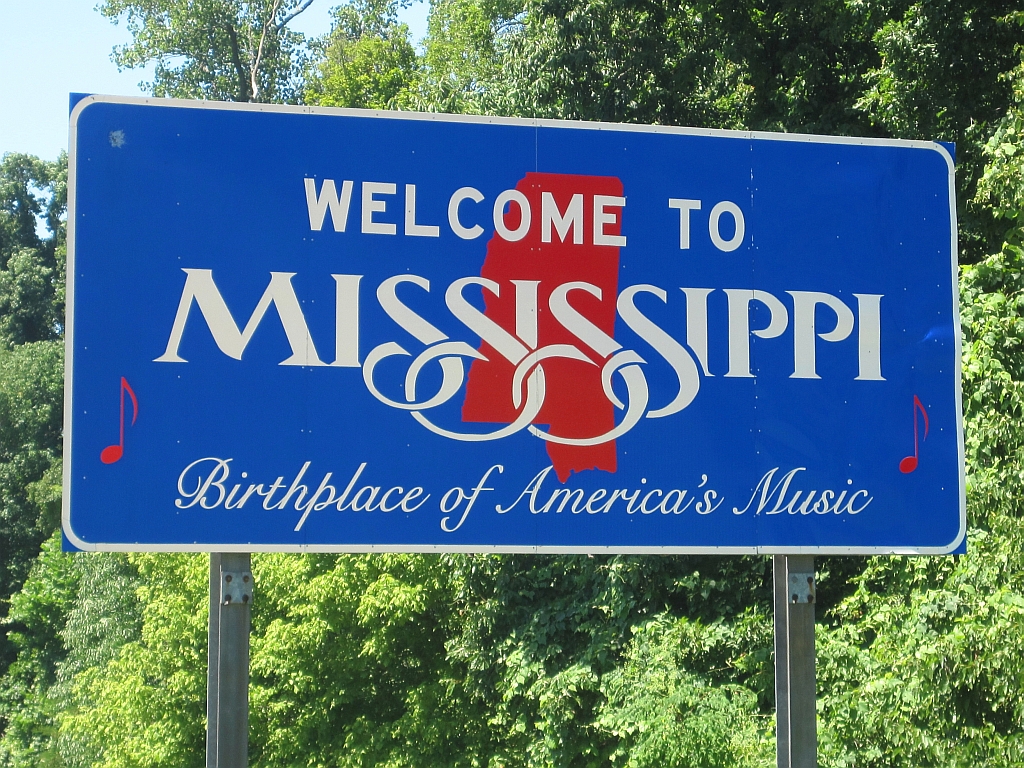By Talbert Toole
Lifestyles Editor
talbert.toole@hottytoddy.com

The Human Rights Campaign found themselves frustrated this morning when lawmakers inside the Capitol of Jackson decided not to hold a vote regarding a key piece of legislation that would expand hate crime laws to include sexual orientation, gender identity and disability—SB 2163—according to a recent statement made by the organization.
The bill passed unanimously through the Senate Judiciary A Committee and made its way to the Corrections Committee that ultimately decided to not vote on the bill.
Inside the House, a replicate of the bill—HB 1494—had the same fate as its twin. It was also killed in the House Judiciary B Committee.
The committees consisted of leadership appointed by Lt. Gov. Tate Reeves. Rob Hill, HRC Mississippi state director, said in the organization’s statement that the HRC was extremely disappointed in the appointed leaders, including Reeves, for refusing to vote on these bills that would be crucial for those to who it applies to.
“For the second year in a row, lawmakers have decided to play politics with LGBTQ people’s lives and deny Mississippians the opportunity to have a meaningful conversation about these proposed updates to our hate crimes laws,” Hill said in the statement.
Kevin Cozart, operations director for the Sarah Isom Center at Ole Miss, said he is not surprised that the state lawmakers ruled against the vote of both bills. He said the legislative majority has routinely put ideology ahead of the will of the people and what is best for Mississippi.
“It is particularly disheartening that a bill protecting differently abled people can’t pass,” Cozart said.
Mason-Dixon Polling and Strategy recently released polling data that showed wide, bipartisan support for the legislation.
Six areas of Mississippi were polled and results were mostly above 50 percent: Gulf Coast – 69 percent; Jackson Metro area – 66 percent; Delta – 61 percent; Southern Mississippi – 54 percent; Eastern Mississippi – 52 percent; and Northern Mississippi with 49 percent in favor of the legalization.
However, with strong support throughout the state, it was not enough to sway legislators to bring the bills to a vote in both the House and Senate.
Mississippi’s History with Discrimination
In April 2016, a bill was passed that garnered national attention. The HB 1523 (Religious Liberty Accommodations Act), or more commonly known as the “Religious Freedom” law, was passed into law and has been in effect since October 2017 after an injunction against the bill was lifted.
The law even made its way to the U.S. Supreme Court; however, the court declined to hear an appeal against the controversial law from advocates who were a part of the LGBTQ community.
The court denied the case due to the fact that the plaintiffs did not have substantial standing to challenge HB 1523. The law was widely criticized due to its ability to allow denial of services to members of the LGBTQ community.
Cozart said the bill that still stands continues to affect his work in the LOU community.
He is currently working on hosting a regional conference and the bill is creating severe consequences.
“We have people who have been forced to drop out because their state bans travel to Mississippi because of HB1523,” Cozart said. “How can we show people a different Mississippi if we can’t get them here?”
Mississippi’s Counties with Protections
Three cities in Mississippi currently have non-discrimination ordinances that recognize its citizens based on sexual orientation and gender identity in housing, public accommodations and employment.
Jackson passed the protections bill in 2016 and Magnolia in 2017. The third city to join the ranks with non-discrimination protections in Mississippi was Clarksdale in 2018.
The city of Oxford passed a resolution in 2014 that recognized the dignity and worth of all residents including those of the LGBTQ community. Oxford joined Hattiesburg and Starkville who also passed similar resolutions.
However, these resolutions have no lawful protections for any residents of each of their respective cities. They solely recognize them.

